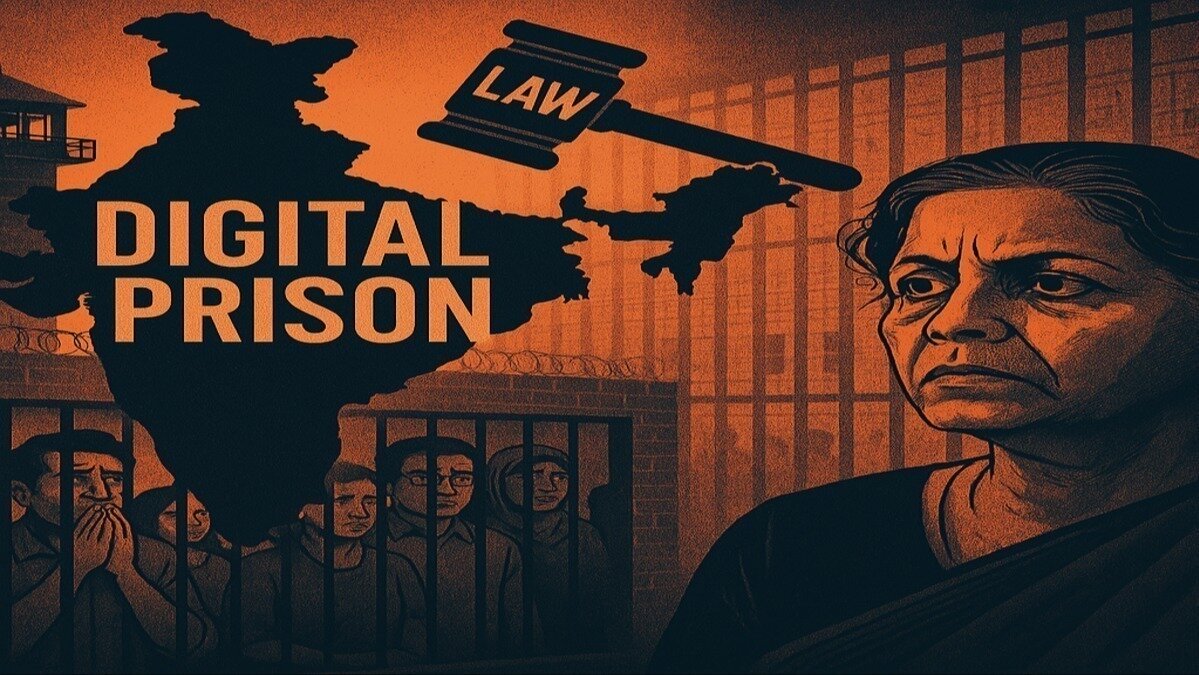In a world where destruction breeds profits and chaos fuels corporate interests, it’s truly heartwarming to witness the benevolent efforts of financial giants like BlackRock and JPMorgan Chase. After all, what could be more uplifting than reaping astronomical profits from the devastation they helped finance? As Ukraine embarks on its journey of rebuilding, let’s not forget to applaud the twisted dance of war and reconstruction, where humanity’s suffering becomes a punchline for corporate coffers. #WarProfiteering #ReconstructionRacket #BlackRockGains #CorporateInterests
War profiteers BlackRock and JPMorgan Chase stand to profit immensely from securing no-bid contracts for the reconstruction of war-torn Ukraine. What appears as a humanitarian effort by these financial giants may, in reality, be another facet of the long-standing war racket.
BlackRock Executive Exposed: Revelations of Global Control and Sinister Agendas
Unveiling the Ukraine Development Fund and Its Implications
The Biden administration and mainstream media hail BlackRock and JPMorgan Chase as leaders in the establishment of the Ukraine Development Fund. This reconstruction bank aims to attract private investment by utilizing public seed capital in various projects. However, delving deeper into the intricacies of this initiative raises unsettling questions about its true nature.
According to the World Bank, Ukraine requires an astounding $411 billion for post-war reconstruction. This staggering figure presents an opportunity too lucrative for BlackRock and JPMorgan Chase to resist. Leveraging taxpayer funds, these financial powerhouses stand to amass astronomical profits, overshadowing any semblance of their purported “donated” services.
Drawing Parallels: Ukraine and the Iraq War
The striking similarities between Ukraine’s situation and the Iraq war cannot be overlooked. Halliburton, a major player in the military-industrial complex, reaped billions through no-bid contracts for post-war reconstruction in Iraq. While thousands of lives were lost and a nation struggled with the consequences of foreign intervention, corporate entities like Halliburton thrived amidst the chaos.
As the dust settles over Ukraine, the profit margins become increasingly clear for BlackRock and its counterparts. The destructive cycle of war and subsequent reconstruction creates a fertile breeding ground for opportunistic corporate parasites. While humanity bears the brunt of the devastation, these corporations fill their coffers.
The Alarming Reality: Profiting from Conflict and Its Aftermath
Beneath the noble facade of assisting Ukraine lies a harsh reality: the longer the war persists, the greater the profits for BlackRock and JPMorgan Chase. This exemplifies General Smedley Butler’s assertion that “war is a racket,” with corporations like BlackRock, JPMorgan, and the broader military-industrial complex capitalizing on the suffering and despair of millions.
Are Central Banks Stockpiling Gold to Prepare for Fiat Currency Collapse?
What we witness here is not merely war profiteering but the transformation of war itself into a highly profitable venture for corporations. These entities have a vested interest in prolonging conflicts, as extensive destruction during wartime paves the way for greater profits in the reconstruction phase. This perpetuates a system that thrives on conflict, incentivizing the continuation of war despite its devastating human cost.
Breaking the Cycle: Scrutinizing Motives for Rebuilding
It is crucial to scrutinize the underlying motives of those claiming to assist war-torn nations in their rebuilding efforts. Are they truly benevolent benefactors committed to helping countries rise from the ashes, or are they shrewd racketeers capitalizing on the chaos of war? History has repeatedly shown that the latter is often the case, as evident as the grim aftermath of any battlefield.
War is undeniably a racket, and BlackRock, JPMorgan, and their counterparts play this game with chilling efficiency. As Ukraine embarks on the arduous path of reconstruction, attention must not only be given to the physical scars but also to the underlying systemic issues that perpetuate such conflicts.
Only by dismantling this destructive cycle can we address the suffering, loss, and injustice that continue to proliferate under the guise of reconstruction and recovery. Let us not be fooled by symbols or empty gestures; true progress requires us to confront the complex web of interests that profit from the chaos of war.










